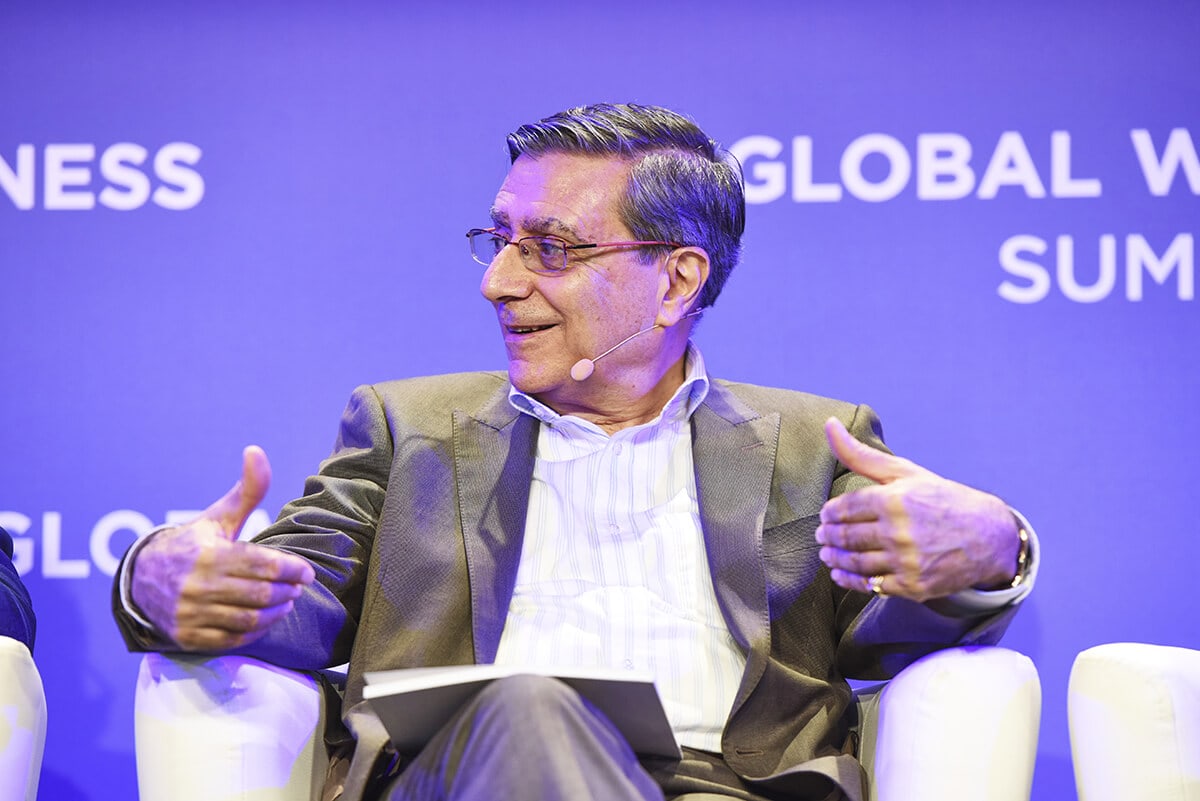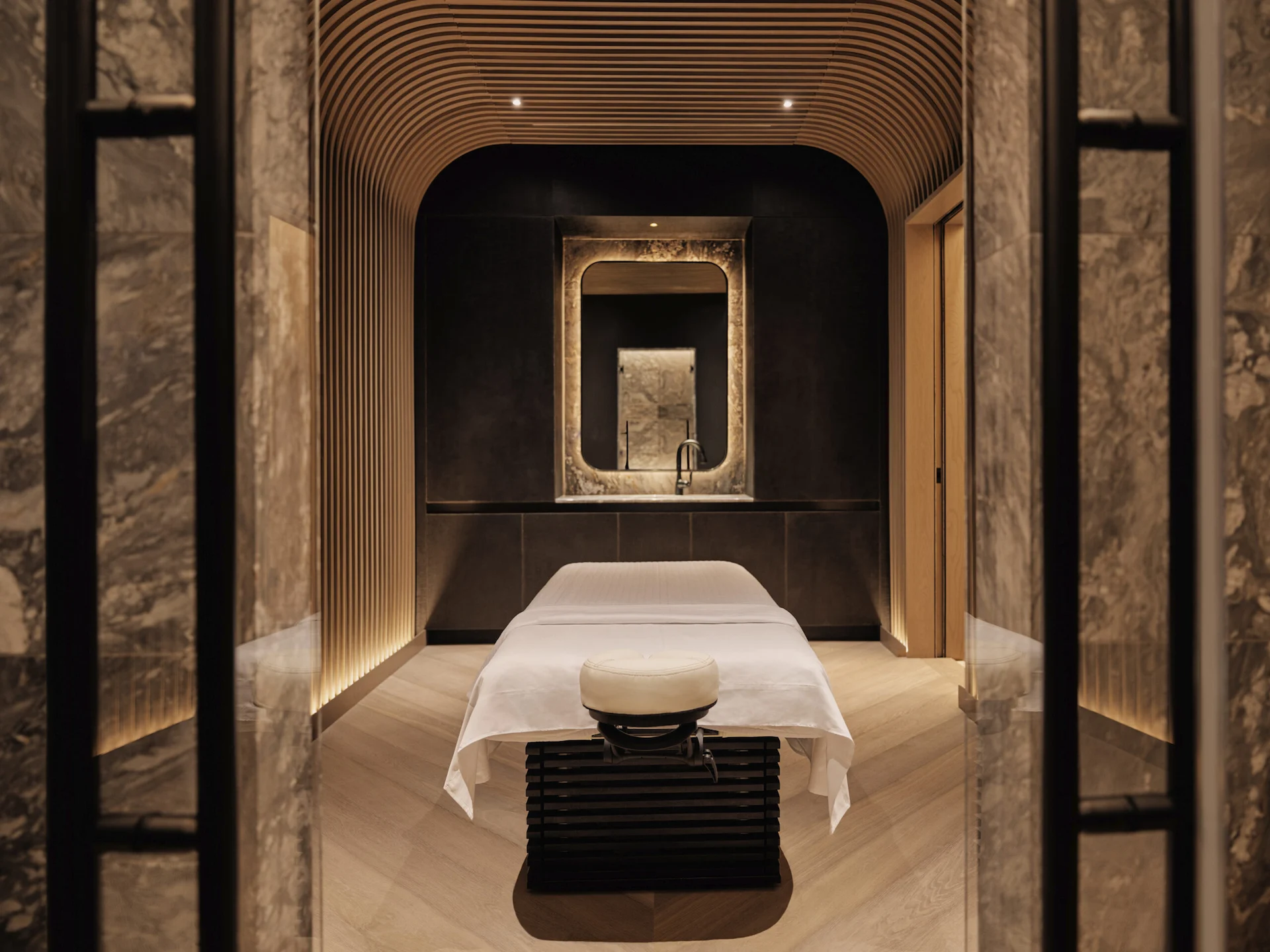Awareness of mental health has been on the rise for the past year, and more wellness travellers now prioritise their mental wellbeing over their physical needs on wellness retreats. Uptake in alternative health practices like Ayurveda, TCM and a renewed appreciation for the complexity and variety of meditation all indicate a turn towards the holistic, where the entire body and mind are treated rather than simply the physical symptom. Professor Gerard Bodeker — the clinical psychologist renowned for his research and work on mental health for organisations like the United Nations, World Health Organisation and Global Wellness Institute, to name but a few of his accolades — has worked in the mental wellness sector for decades. Uncovering ways to utilise naturopathic practices in traditional medicine around the world into our modern treatments of physical and mental health issues, his most recent venture was to co-found Ayus Wellness Experiences in Borneo, a retreat programme which focuses on restoring mental wellness. Compare Retreats chats with Bodeker on how our approach to mental wellness has changed, and how traditional medicine can support our mental wellbeing.

What is the current situation with mental wellbeing? The world is suffering from a mental wellness crisis: roughly one billion people suffer from anxiety, and one in four people experience mental disorders. The global psychiatrist market was valued at $795.1 billion in 2017 and the global psychologists market was valued at $39.8 billion.
What do you think has been the biggest change in the last few years that has increased our awareness of mental health concerns? Celebrities have begun to speak very publicly about mental health and their own personal struggles, and this has begun a process of removing some of the stigma surrounding mental health issues. This, in turn, has led to a blossoming of exchange around mental health and wellness, generating a new range of self-help networks and a burgeoning of mobile apps that offer strategies to support mental wellness.
What are some of the challenges of addressing mental wellness in different places around the world? Asia has been slower than the West to acknowledge and support mental health issues, a bi-product of traditional views that this is something to not talk about, something that can bring embarrassment to a family. Consequently, mental health has been neglected and somewhat stigmatised. Now, there is a call in prominent urban centres of Asia such as Hong Kong, Bangkok and Singapore, to recognise the need for mental health outreach and for the promotion of a mental wellness philosophy and pathways. While the West takes an individualistic approach to diagnosis and care, Asia is more likely to take a family and community centred approach, meaning that unique mental health and wellness strategies are needed for within Asia.
See also: 7 Luxury Meditation Retreats In Asia To Help You Destress Refocus
How can alternative wellness help in issues of mental health, where western medicine has missed the mark? Mental health is an area where traditional health knowledge can be of very great contribution. Meditation has been found to change brain wave patterns associated with stress, leading to patterns associated with peace and creativity. This has been shown to result in new grey and white matter being generated in the brain. Massage also has been shown to reduce anxiety and depression, as has yoga. Many herbal products from traditional medicine can help in enhancing brain functioning, such as Gingko Biloba for memory enhancement, and turmeric against dementia.
What can be done to further increase awareness about mental health and enable vulnerable people to get help? Recent years have seen increased use of online therapy and wellness-based mobile applications. This is called virtual mental health treatment. Now there is a fast-growing market in virtual mental wellness programmes that guide people on self-directed paths to mental wellbeing and create virtual communities which offer mutual support to members. Social media is proving very important as a means to increase awareness around mental health and wellness. Peer support and compassionate communities are important to make it safe for people to begin to address their mental health concerns.
What wellness practices have you found most contribute to good mental health? For me, meditation has been of central benefit in increasing mental wellness across the years. I learned Transcendental Meditation in the mid-1970s and have practised it twice a day since then. Clarity of mind, tranquillity, focussed alertness, all come along with the regular practice of meditation.
Contact bookings@compareretreats.com to book your luxury wellness retreat.



